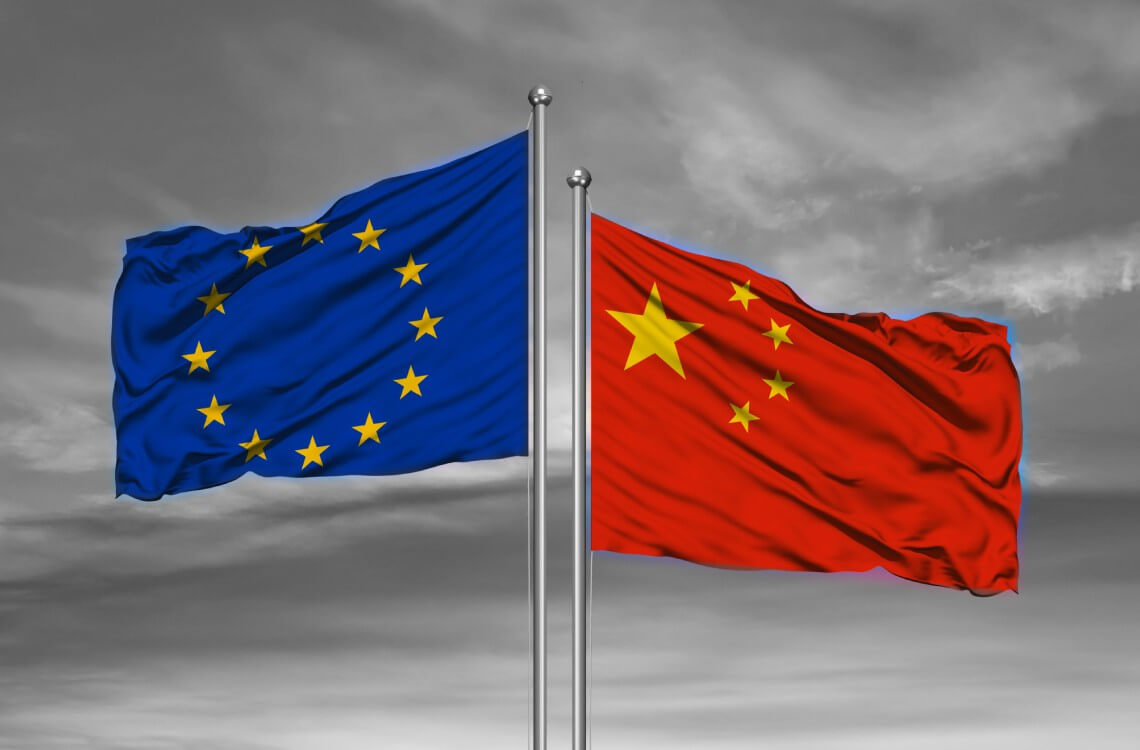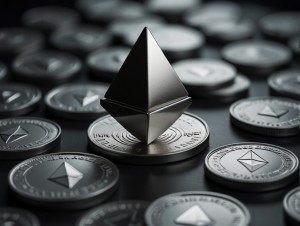When one gazes upon Europe’s grand automobile stage, the International Motor Show, top-tier brands like BMW, Mercedes, and Porsche typically steal the limelight. But recently, the golden aura of electric vehicles (EVs) couldn’t be ignored, signaling a startling truth: The EU’s automotive might is lagging behind China in this electric revolution.
The EU’s Defensive Move Against China’s EV Domination
While Europe revels in its storied history of combustion engines, China has meticulously carved a formidable niche in the EV realm. Fueled by vast subsidies and strategic moves to dominate every phase from raw material procurement to production, China’s approach might come off as anti-competitive, but let’s be real: It’s just smart business.
And now, the EU’s alarm bells are ringing. Ursula von der Leyen, the European Commission President, recently sanctioned a probe into China’s EV juggernaut, a step further in the ongoing EU-China tiff. The underlying intention? The EU is eager to shave off its over-reliance on China.
While it’s commendable that the EU desires self-sufficiency, pursuing retaliation might be a dicey game. After all, the bloc has an aggressive green goal: snuff out the sale of combustion engine cars by 2035.
So, if the endpoint is a greener planet, does it matter if the EVs are European-made or imported? Moreover, a 10% tariff already burdens China’s footprint in the European EV market. Recall the EU’s 2013 tariff stint on Chinese solar panels? They had to backpedal five years later, struggling to hit their renewable targets sans Chinese assistance.
Are EU Tariffs a Boon or Bane?
Slapping additional tariffs on Chinese EVs might seem like a protective measure for Europe, but let’s call it what it is: spoon-feeding. For years, European auto giants, especially the Germans, have been dragging their feet on EVs, largely influenced by trade unions and powerful lobbies that still romanticize internal combustion engines. But, as the saying goes, you can’t have your cake and eat it too.
China, rightfully peeved by the EU’s “protectionist” tag, warned of reciprocal measures. And here’s the catch: the EU might just be biting the hand that feeds it. Cheap Chinese imports are a blessing during Europe’s economic crunch, especially when European production hasn’t exactly been the epitome of efficiency. European carmakers, particularly the Germans, heavily lean on the vast Chinese market. A tit-for-tat trade war? It’s a murky path that the EU might regret treading.
Yet, Ursula von der Leyen’s recent move might merely be a nod to political pressures. Regardless, Europe can’t be sitting on the sidelines. The essence of competition is to innovate, adapt, and deliver. With prospective demand for EVs skyrocketing, Europe needs to step up its game to prevent its automobile realm from becoming a mere puppet to China’s EV strings.
But, let’s zoom out a bit. Chinese EVs, though forecasted to surge, currently occupy a minuscule portion of the EU market. So, it’s not all doom and gloom for Europe. Yes, China has set a tough benchmark, but blaming Beijing alone for Europe’s EV lag would be naive. Europe has, in many ways, been its own stumbling block.
To revive its dwindling EV fate, the EU should perhaps focus on tangible solutions: alluring tax incentives and robust charging infrastructure, for starters. Banking on protectionism as a lifeline? That’s a dated strategy. The EU needs to do better, do you not think?





